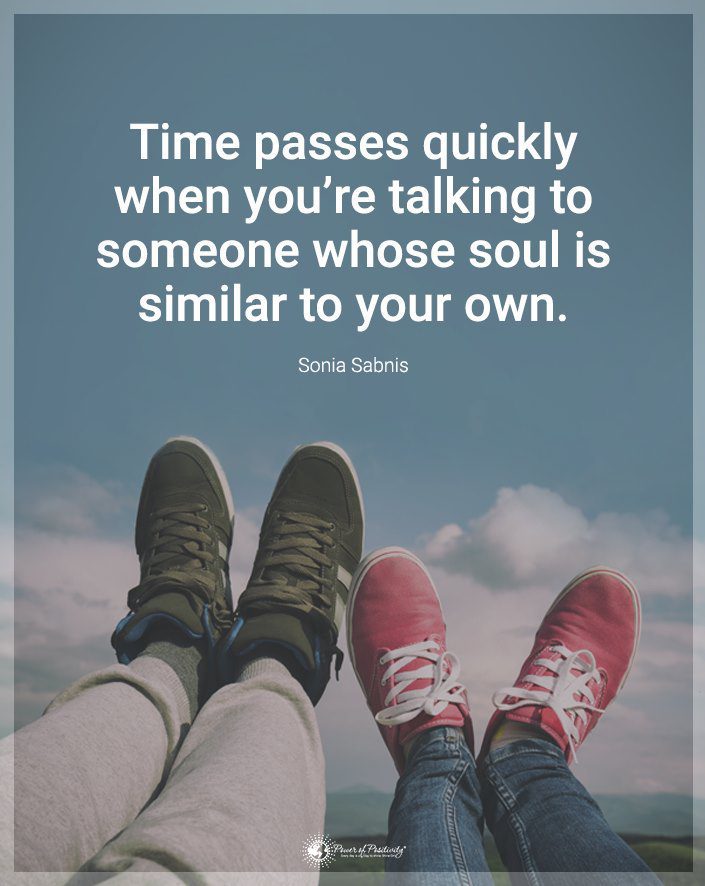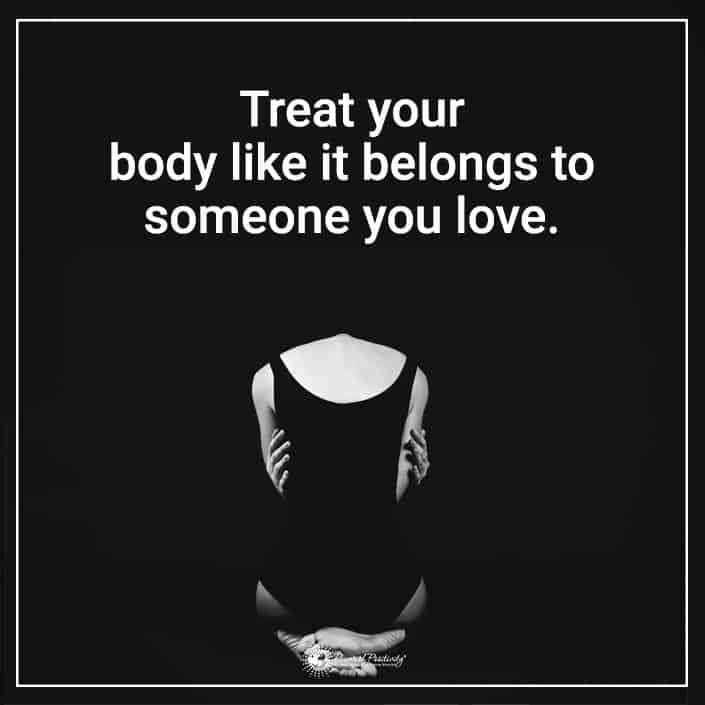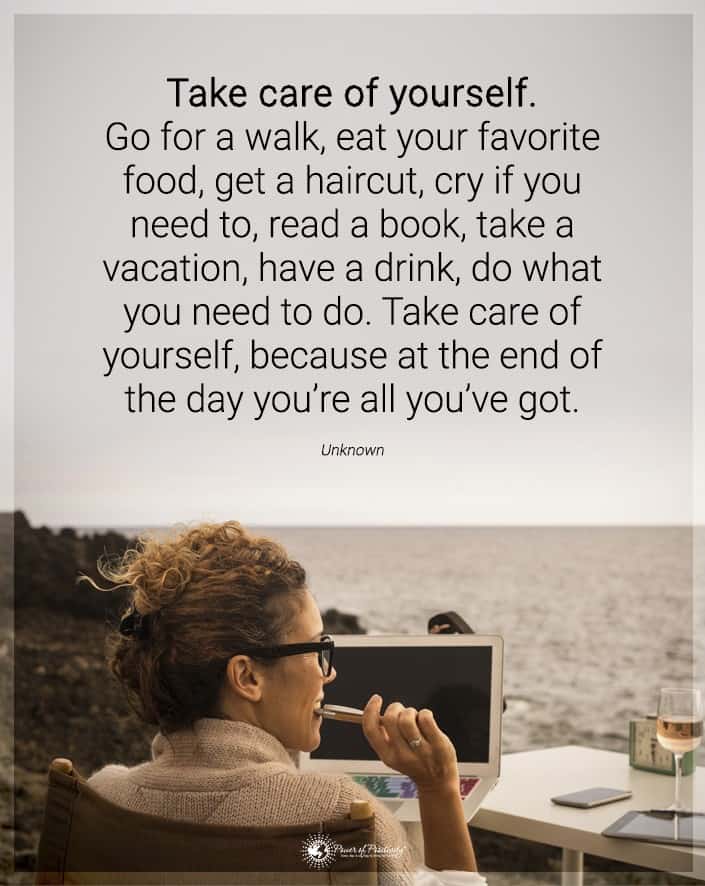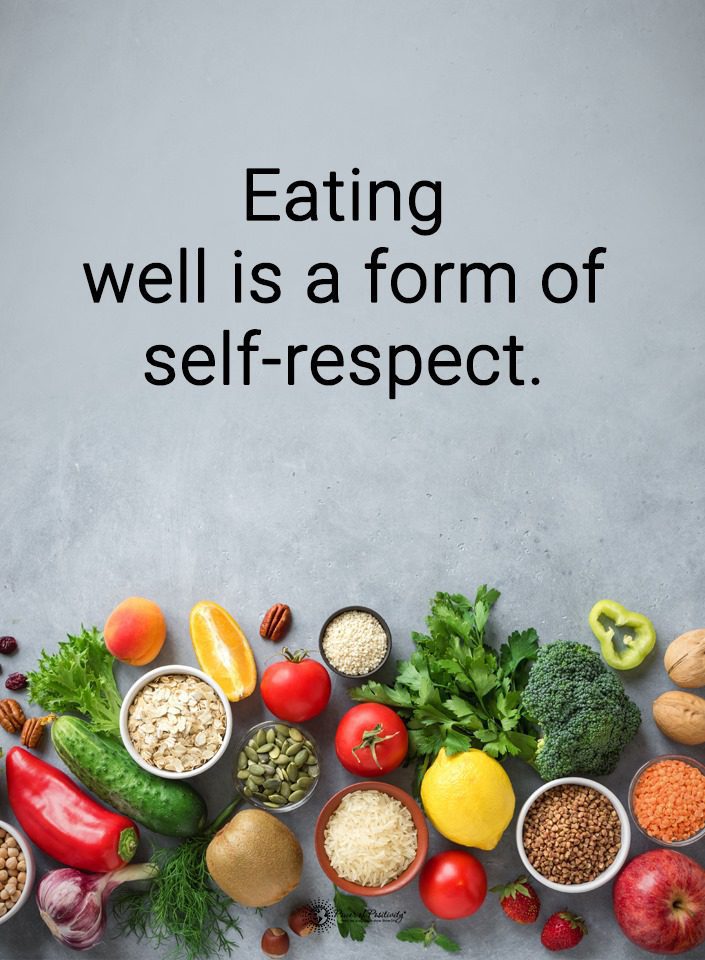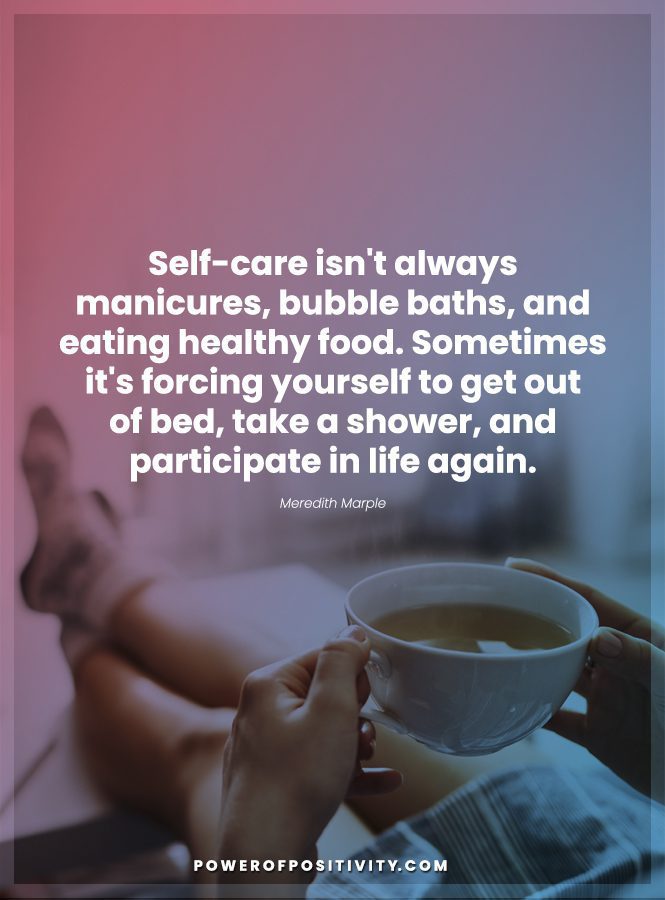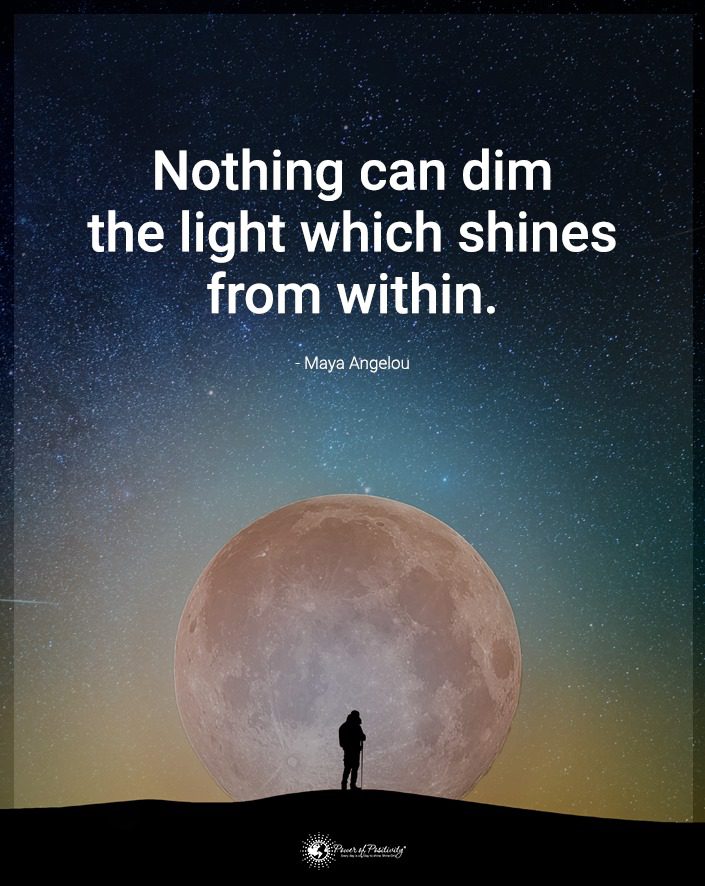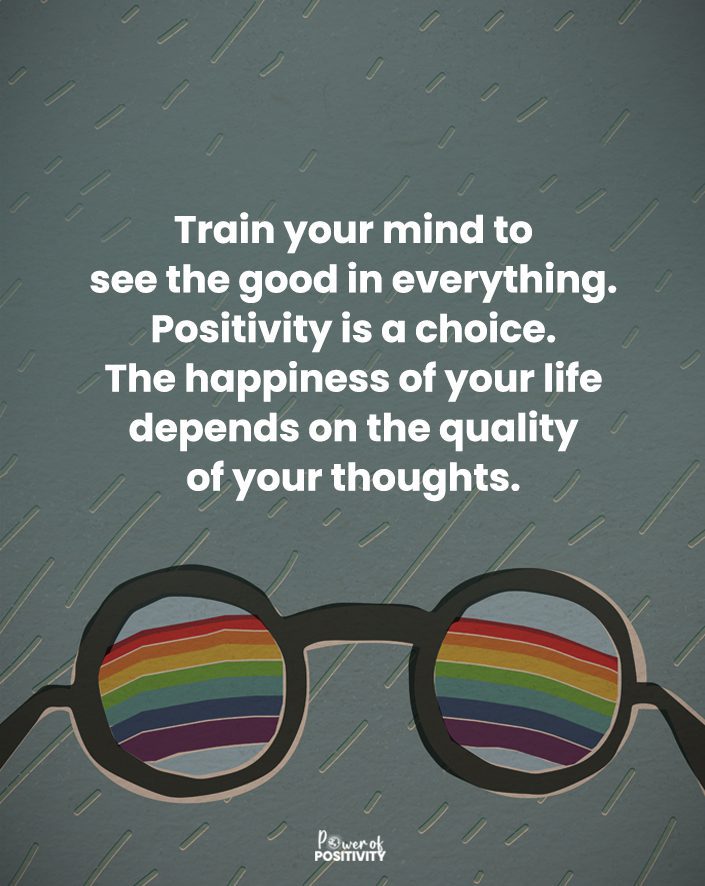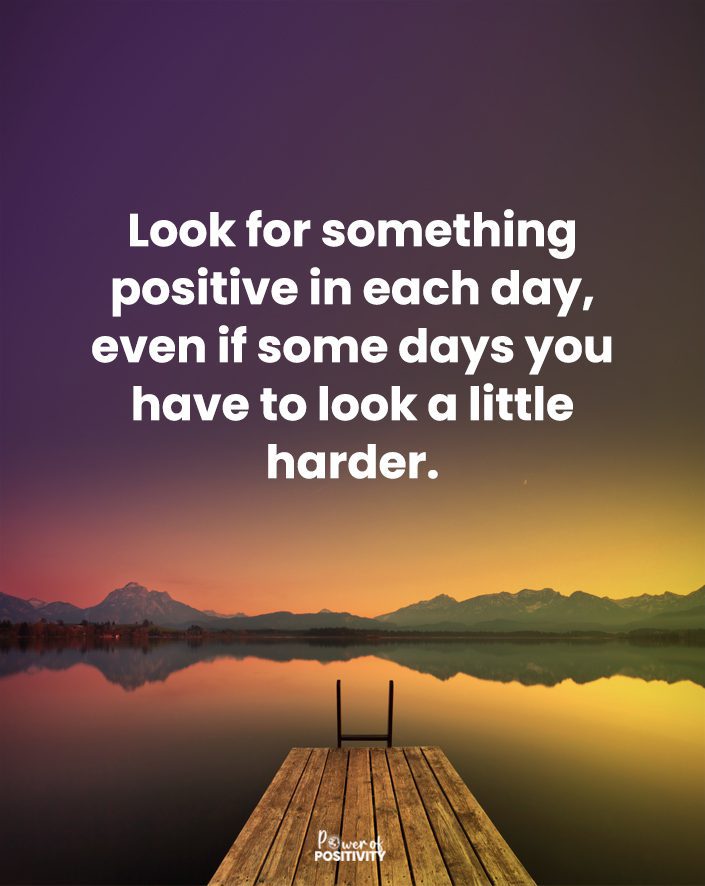Most people have experienced being in love and use the term interchangeably with loving someone. However, loving someone and being in love differ and often depend on your relationship stage and depth.
Falling in love is exhilarating but eventually mellows out as emotions calm down. Exhilaration and later calmness are one part of the difference between the two. It evolves during a relationship, with emotional and behavioral aspects changing.
Understanding the differences between being in love and loving someone can help you recognize what you’re experiencing. It can also help you consider ways to improve your relationship and maintain passion and intimacy.
Psychology Explains the Differences Between Being in Love vs. Loving Someone
You may not realize it, but there’s a big difference between being in love and loving someone. Once you know the differences, you can interpret your feelings for your partner. It can help you determine your next steps in the relationship.
Seven Key Signs of Being In Love
When falling for someone, you likely experience infatuation, happiness, excitement, nervousness, sexual attraction, and lust. These experiences occur for the following reasons:

1 – The Relationship is Emotionally Charged
You’ll notice a strong desire for that person, with emotions constantly running high. There’s so much excitement and anticipation during this phase that you experience heightened emotions. Your hormones change, triggering intense emotional responses.
You’ll experience:
- increases in dopamine and norepinephrine, encouraging pleasure, giddiness, and euphoria
- decreases in serotonin, triggering infatuation
- increased libido and lustful feelings due to changes in testosterone and estrogen
- oxytocin and vasopressin increase, leading to more trust, empathy, and attachment
2 – You Want to See Them Constantly
If you want to see someone after they’ve just left, you might be in love with them. You’ll spend all day with them and then wonder what they’re doing or thinking, yearning for the next time you can be together.
Spending time apart is beneficial, but you may not want to do it. You’ll look for ways to see them before the next time you have plans together. Even when you’re busy, you’ll try to rearrange things so you can see them for a few minutes.
Your desire to spend time with them might even lead to you exploring their interests and hobbies. It gives you more of a chance to engage in their life, but you must be careful not to give up your interests. It’s common to want to see your partner, but don’t ignore the rest of your life to spend all your time together.
3 – It’s Fleeting
The feelings of being in love fade over time as the newness of your experience fades. The intensity you once experienced turns to indifference as daily stressors take precedence in your mind. You’ll develop a deeper connection or realize your romance isn’t strong enough to last long-term.
Eventually, you’ll notice your partner’s flaws and recognize your need for independence, even in a relationship. You can’t hold onto the idea of perfection in your partner forever, and you’ll eventually have to accept them.
Once problems occur, you’ll realize the excitement of being in love fades. You may begin to feel distant or question your partner.
4 – You’re Always Excited and View Things in a New Way
When you fall for someone, it can change the way you view the things around you. Your daily activities and tasks will seem more exciting, and you’ll enjoy even the most mundane experiences. It’s also easier to look at things differently, opening your mind to new experiences and opportunities.
5 – You Willingly Make Drastic Sacrifices
When you fall for someone, you often want to do anything to make them happier or improve their life. You’ll want to be there for them in any way you can, and your hormone fluctuations can affect your decisions. It can sometimes lead to making drastic sacrifices, uprooting your life, or sending you on a different path than you wanted.
While making sacrifices is part of any relationship, you must take the time to consider whether you’re doing it for yourself. You don’t want to give up on your dreams or goals to make someone else happy.
6 – Your Sex Life is Great
When your romance is new, your intense hormones can increase your sex drive. It can make intimacy more passionate, making your sex life great. You also want to explore each other’s interests more during this time, furthering the excitement and enjoyment of your experiences.
7 – You Think They Are Perfect
You’ll likely idealize your partner when you’re in love, focusing on their best traits and ignoring red flags. Remember to watch for deal breakers. It sometimes helps to listen to what people you trust say about them to help you notice anything you overlooked.
8 Key Signs of Loving Someone
Romances change over time, and you’ll eventually go from being in love to loving someone. Some of the ways it differs are that loving someone includes:
1 – It Doesn’t Involve a Whirlwind of Emotions
Being in love can evolve into a mature relationship that doesn’t involve an emotional roller coaster. Rather than experiencing feelings based on passion and infatuation, your emotions come from deep-rooted attachment and maturity. Once the excitement and anticipation ease, you’ll find a sustainable romance that doesn’t involve overly heightened emotions.
2 – You Feel Secure
As your relationship strengthens, you’ll feel secure enough to be yourself and let loose a little. You won’t always need to present the best version of yourself because you know your partner won’t walk away. When you’ve reached this point, you’ll be comfortable showing your flaws around them.
3 – You Don’t Hold Back
When you have a deep connection with your partner, you won’t feel the need to keep quiet about your opinion. The emotions of the early days can make you agree with everything your partner says, but you won’t do that in a long-lasting romance.
You’ll share your thoughts and feelings without worrying your partner will leave you because of it. When you disagree, you either respect each other’s opinions or talk your way through the situation.
4 – It’s Long-Lasting
When you deeply care about someone, you’ll continue having feelings for them even when they make you angry or upset. It provides lasting joy and comfort based on respect, honesty, and trust. You and your partner can overcome problems together, sometimes deepening your bond as you work through them.
5 – You Accept Their Imperfections
As your relationship deepens, you’ll see your partner’s imperfections and flaws. You’ll experience their undesirable traits or habits. Even still, you’ll cherish them and their strengths and weaknesses, accepting them for who they are.
Sometimes you’ll even start to find annoying things about your partner that you used to like. Their quirks may have seemed cute, but now they get under your skin. However, you still accept and embrace them for who they are.
6 – Intimacy Isn’t Always a Priority or Desire
When you’re in a long-term, stable relationship, you may have sex less often than you used to. Other life demands can leave you tired or stressed, with intimacy the last thing on your mind. You can prioritize this aspect of your relationship and increase your sexual activity, but it is a common aspect of loving relationships.
7 – You Have to Put More Work into the Relationships
When the initial excitement wears off, and mundane daily tasks take over, it’s not as easy to prioritize your relationship. You want it to work out but can’t find the time or energy to spend quality time together. This stage of love often occurs, but you can change it by putting in the extra effort.
While you may not crave time with your partner as much, putting in the extra work is worth it. It’ll remind you why you enjoy time together and help you rekindle your relationship. Plus, it shows your partner you care and wants to make things work.
8 – Your Connection is Deeper
Forming a deep connection takes time and doesn’t happen right when you fall in love. It occurs after loving someone you trust long enough to develop a strong bond.
You’ll know you’ve reached it if you know what your partner likes and values and if you can quickly name their strengths. Another way to recognize if you have a deep connection is if you want to turn to them with your good news before going to anyone else. You’ll feel like a team, working through everything together.
Being in Love Can Lead to Loving Someone Long-Term
Despite their differences, being in love can lead to loving someone. You will build a deep connection as time continues, although the anticipation of a new romance fades. Couples who have been together for many years can still experience excitement, allowing them to rekindle their romance.
Being in love can help you identify if your partner is the person who will bring out the best in you. It allows you to see if the person fits into your life in a way that benefits you both. When you find the one, it’ll turn into a healthy, long-term relationship.
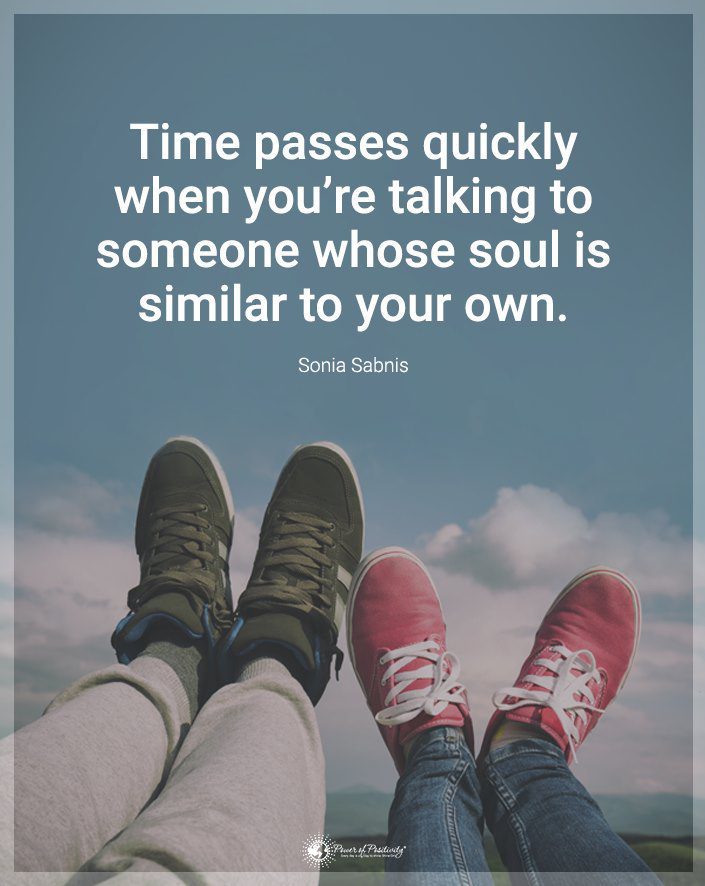
Final Thoughts on Being in Love vs. Loving Someone
The early stages of romance often involve infatuation and intense emotions. It indicates that you’ve fallen in love with your partner, but it’s different than loving someone. The two terms are similar but describe entirely different experiences.
Understanding the differences between being in love and loving someone can help you identify where you are in your relationship. It can help you evaluate if you’re with the right person and what you want your next steps to be. Being in love can lead to long-lasting commitment, so it’s worth seeing it through.



